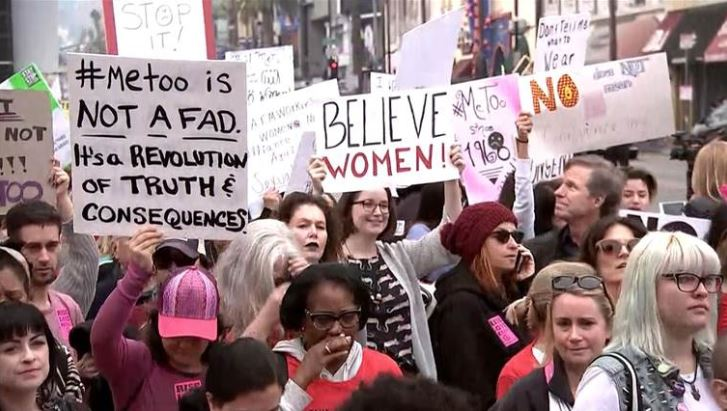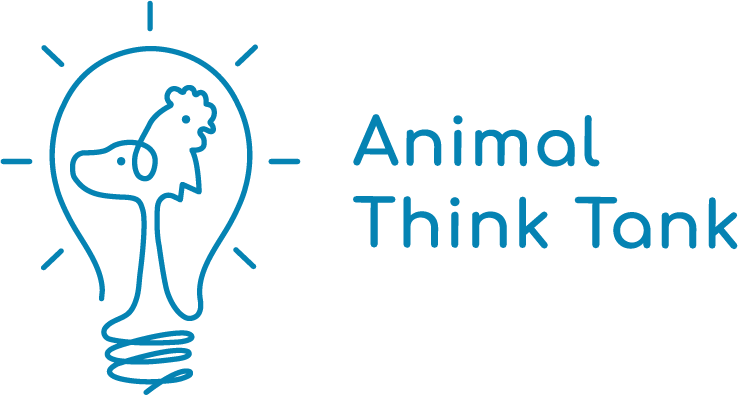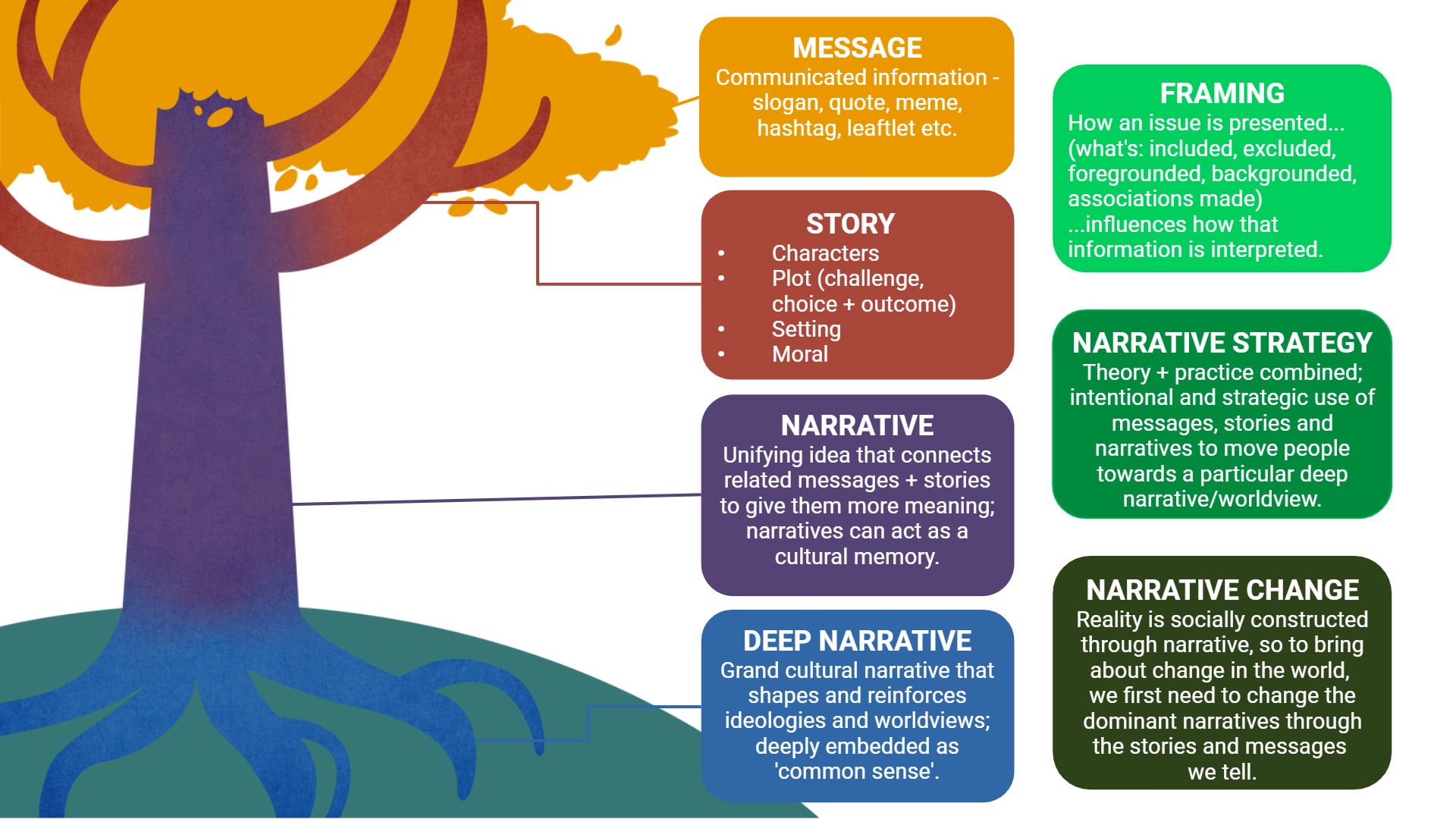NARRATIVE CHANGE
We are exploring narrative power in the Animal Freedom Movement
Image: James Gibson / We Animals Media
What is narrative?
A narrative is a set of unifying ideas and stories,
which form a lens through which we view the world and interpret information.
For example, two different news channels might report on the same event, but come to different conclusions by framing the event through their political narrative.
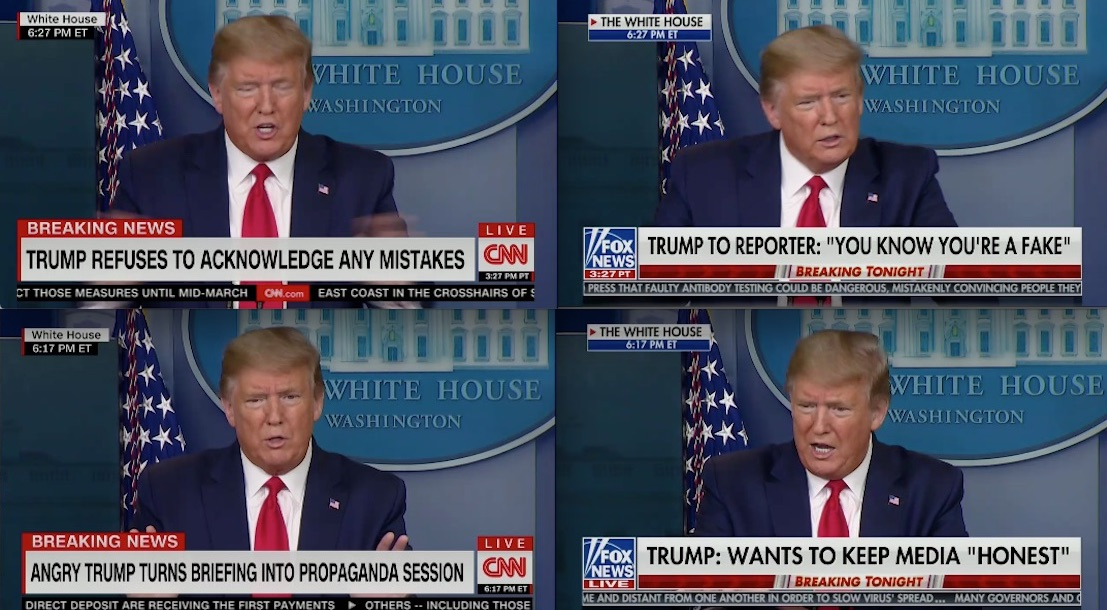
Narratives can be made up stories.
Films like Babe, Okja and Charlotte’s Web are stories that paint pigs as intelligent and compassionate animals, whereas films like Jaws and Deep Blue Sea paint sharks as ruthless killers.

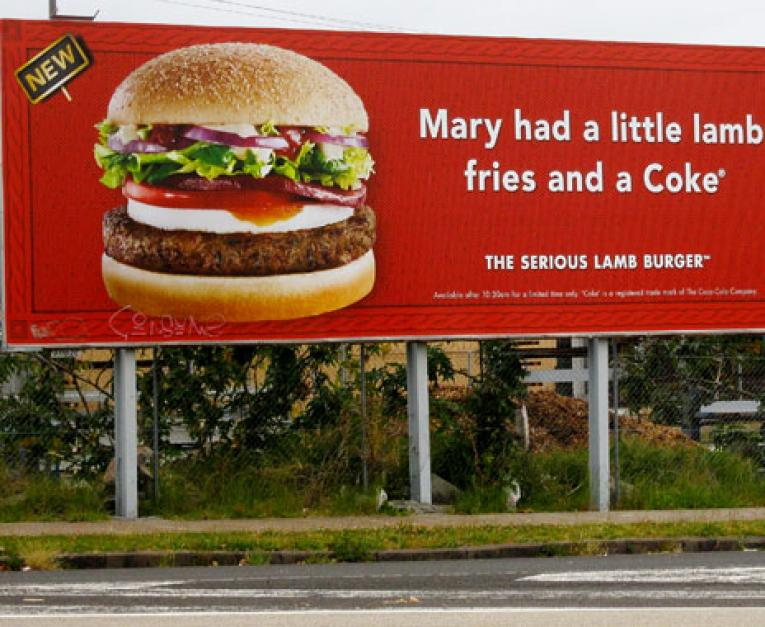
Narratives can also be made up of messages.
Walking down any high street in the UK, you will encounter adverts containing messages that market eating animals as normal, necessary, natural and nice.
Multiple narratives arise from a deep narrative.
A deep narrative is the grand cultural narrative that shapes and reinforces our worldviews.
It’s hard to see and often perceived as common sense. It’s the paradigm about how the world works and makes it difficult to see how the world could be any different. An example of a deep narrative from the LGBTQ+ movement is: love is love – which forms the bedrock of nearly all of their campaigns, and is also a powerful slogan and message in its own right.
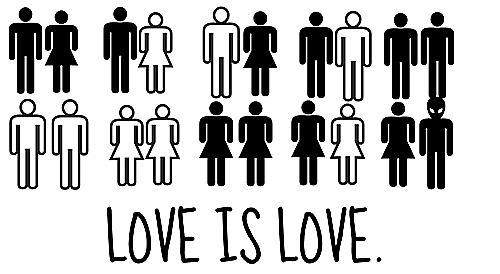
Certain narratives help maintain the status quo, keeping other animals oppressed as commodities, ‘pests’, test subjects, and objects. But by dismantling and overshadowing harmful narratives and fostering helpful narratives, we can shift the cultural landscape.
At Animal Think Tank we believe that powerful and persuasive narratives, which resonate with people’s existing shared values, will help shift the cultural perception away from other animals as commodities to them as individuals with personalities who deserve the freedom they long for.
Get Our Narrative Newsletter
Sign up for our narrative newsletter to be the first to hear about our upcoming events and access our latest research.
Changing the narrative has accelerated progress in other freedom movements.
The Freedom to Marry campaign achieved rapid success when they shifted from a narrative centred on ‘gay rights’ to a narrative centred on the universal values of ‘freedom’ and ‘love’. This change in narrative resonated on an emotional level with millions of people across the political spectrum and tapped into their underlying values and beliefs. Adopting this narrative led to a quick turn in public opinion in favour of marriage equality.

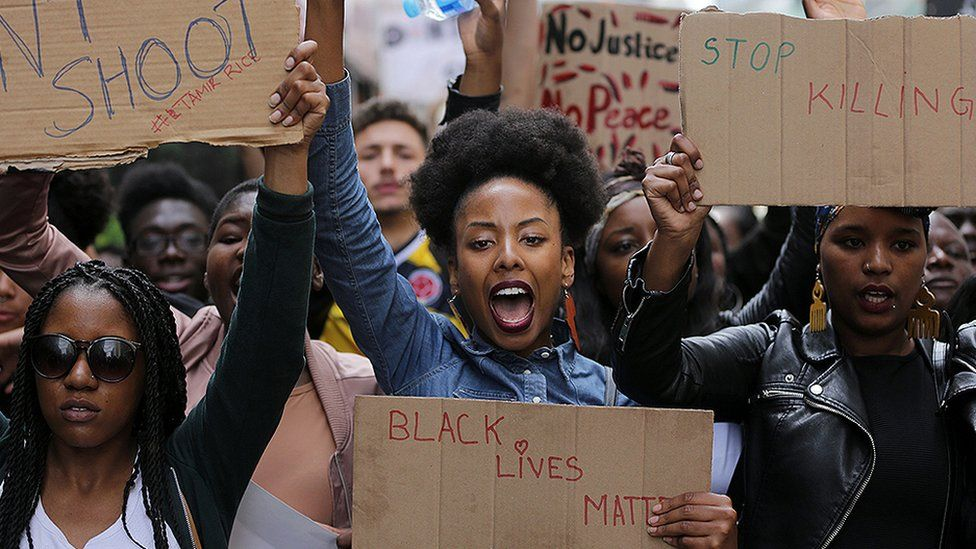
The Black Lives Matter movement narrative was both a recognition of the historical and ongoing oppression of Black people, and a commitment to creating a world where Black people can thrive and live without fear of violence or discrimination.
Together for Yes’s campaign, for repealing the constitutional ban on abortion in Ireland, changed the narrative by highlighting the stories of women who had been forced to travel abroad to access safe and legal abortions, and emphasised the country’s existing values of community, compassion, and supportive healthcare for all women.
The #MeToo movement changed the narrative around sexual harassment and assault by giving voice and visibility to survivors of abuse. It created a narrative that was told (predominantly) by women, spoke of solidarity and empowerment, and which successfully overshadowed the previously dominant narrative told by the media of ‘isolated victims’.
